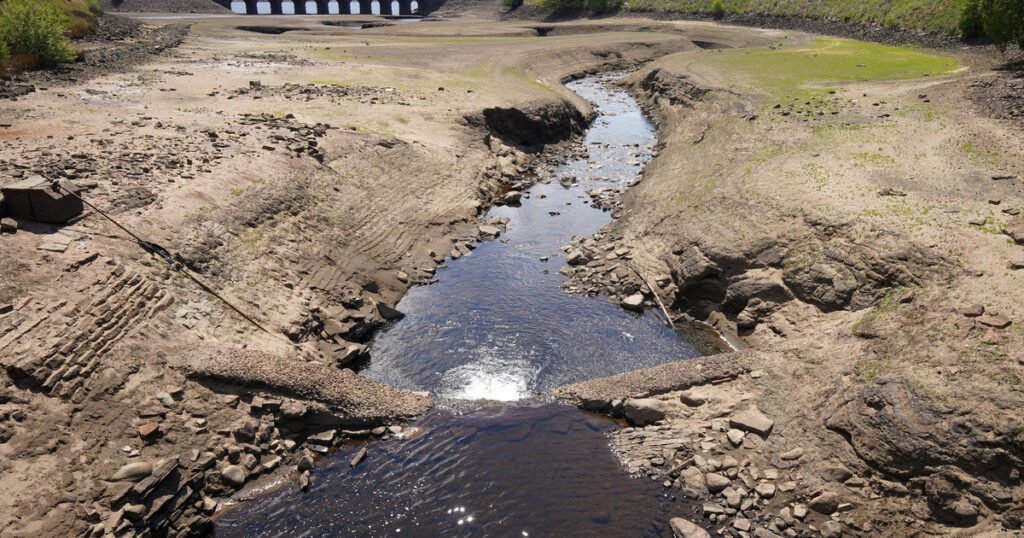Recent regulatory changes that tie into the need for long-term capital investment include the requirements for water companies to increase drought resilience and plan for extreme drought events – a one in 500-year event – in their 2024 Water Resources Management Plans (WRMPs).
Water companies have been progressing a portfolio of ‘Strategic Resource Options’ (SROs), being the largest or most complex of water supply projects needed to replace abstractions from sensitive rivers and address long term drought and demographic planning requirements.
SROs progress through a regulatory framework overseen by Ofwat, the Environment Agency and the Drinking Water Inspectorate. This process was newly established in PR19 to accelerate the delivery of these projects outside of water companies’ business as usual operations, recognising that major projects often take many years to design, consent and build – which can span multiple regulatory periods and so require a longer-term approach.
Ofwat also introduced a new procurement model in 2019, called Direct Procurement for Customers (DPC) which, alongside the existing Specified Infrastructure Projects Regulations (SIPR) model, can be used for financing, delivery and operation of SROs and other major infrastructure projects by third parties following a competitive tender process.
In 2019, Ofwat identified 17 SROs in water companies’ business plans to be progressed through this new regulatory framework and that may be suitable for DPC or SIPR. In its draft PR24 determination document, Ofwat renewed its commitment to a long-term regulatory approach for SROs, with an additional four new SROs referenced. It means there are 21 SROs now under consideration by the water companies.
Ofwat has outlined incentives that could apply to water companies that select the DPC process for their projects, indicating that it is “likely” that each water company will be able to benefit from further incentives that sit outside the scope of the PR24 process “to incentivise both successful development stages and appropriate management by the water company in the construction phases”.
Infrastructure projects expert Sonal Shah of Pinsent Masons said: “The contract design and incentive mechanisms are an important part of making this an attractive market for investors and contractors to play in. As with all contractual frameworks, having an appropriate and balanced risk allocation is crucial. Equally important is the collaboration that is required between the water companies, contractors, investors and the regulator to ensure that the SROs create an attractive proposition for all parties. Given the pipeline of projects which are being considered to be procured through the DPC or SIPR routes, a model that delivers on investability, longevity and value for money is key.”
To align with the identified water supply need set out in the various water companies’ draft WRMPs for 2024-2029, decisions on which are expected by government later this year, many of the SROs are being developed at pace, such that consenting applications are being planned for submission over the next few years. Owen said that the draft determinations on funding therefore provide a welcome element of comfort that the companies developing these projects can continue to progress them and recover the costs of doing so from customers, to seek to ensure these critical water resource projects can come on-line within the required timeframes.

